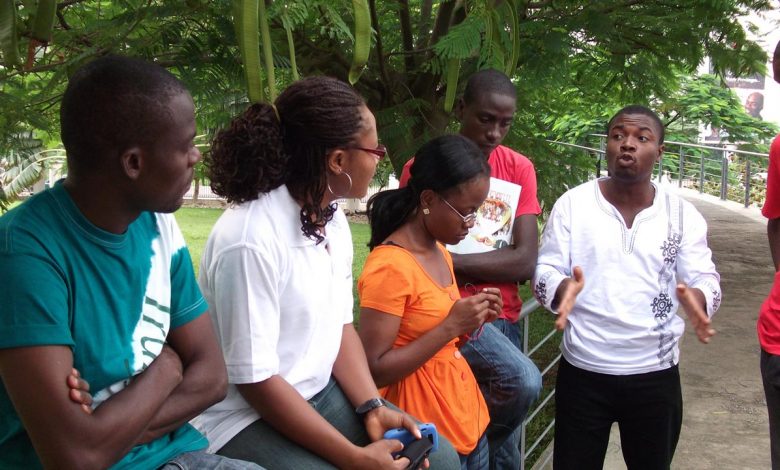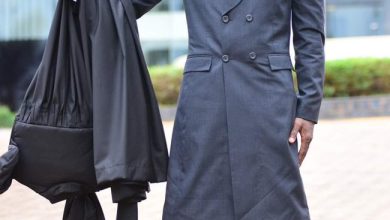
For two years during the Covid-19 induced lockdown, young people have engaged in various business ventures to ensure survival for themselves and their families.
A number have made some good money from their small investments.
Yet with the re-opening of schools, their business careers could be short-lived.
Some of the young people we talked to told us that they are still undecided on whether to go back to school.
Shadia Bategeeza, 18, a waitress at Eat Food World in Kampala told Youth Blitz she has lost interest in studies after earning some money.
Bategeeza earns roughly 30,000 (about $8) per day from her job.
She fears losing this income if she goes back to school.
“I cannot risk losing my money in the name of going back to school. Even people who have studied have no jobs,” she says.
She is contemplating buying textbooks and tutoring herself while working.
Similarly, 19-year-old Simon Asoto, who works with Bategeeza said he will only enroll in a school that allows him to study half day.
“I need some money to pay fees and look after my parents,” he said. “Right now the restaurant job is giving me this money.
The reluctance by some young people to go back to school has puzzled parents and educationists.
Abdunoor Ssentamu, the head teacher of Mbogo College School said some students had requested him to allow them study part time because they were running businesses on the side.
“Some told me they are the sole breadwinners of their family and if they are not allowed to work then they will not study,” he said.
Ssentamu’s worry is that part-time studies are a misleading option that should not be given attention to flourish but he acknowledges that the situation is tough.
Dr Muhammad Kiggundu an educationist said traditional schools like Kololo High School, Old Kampala, Agha Khan and others have since inception been conducting part-time classes to accommodate working students.
Kiggundu said full day classes were invented by business driven proprietors.
“I think government can still ask schools to adopt a flexible school schedule to allow some students work as they study,” Kiggundu said.
The ball now lies in the hands of those responsible for education policies to decide on what suits the youths’ interests best.
What can’t be disputed is that the lockdown appears to have altered the lifestyles of young people.



